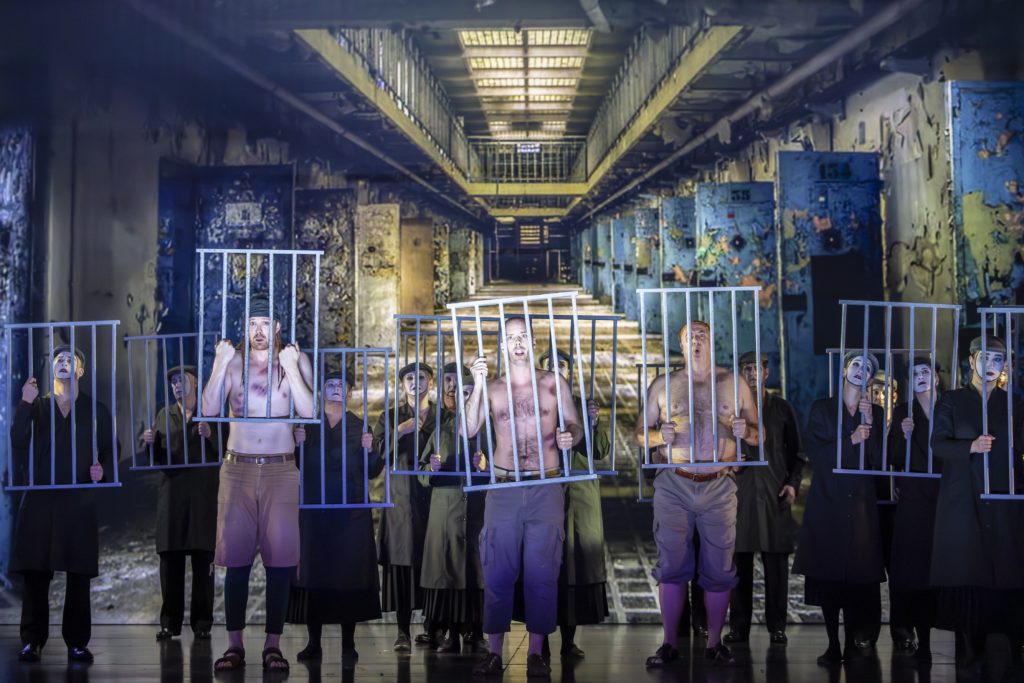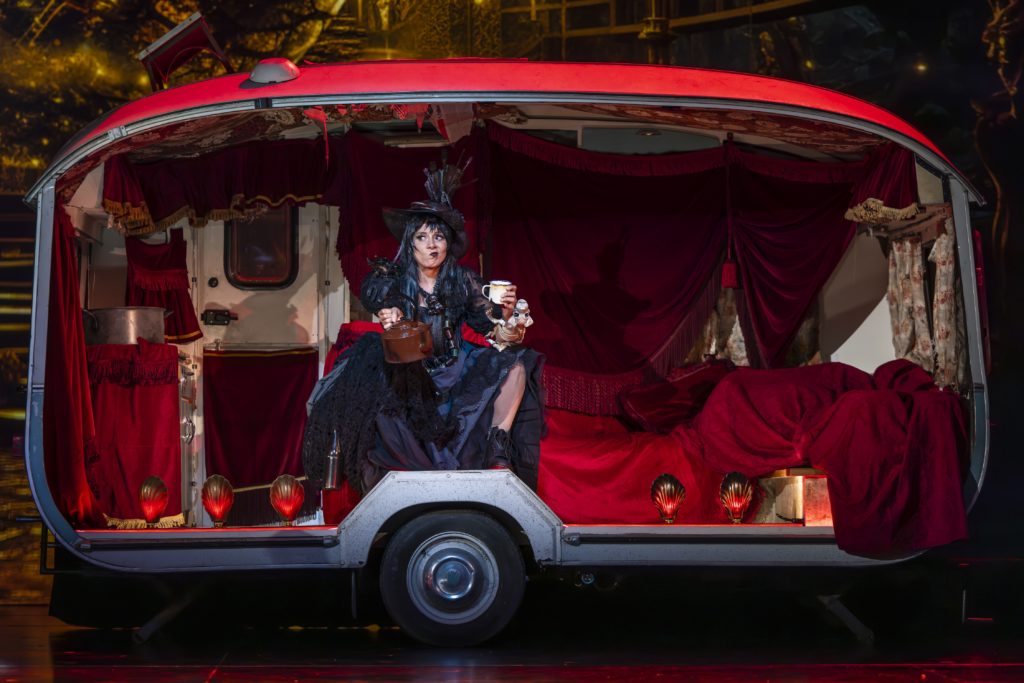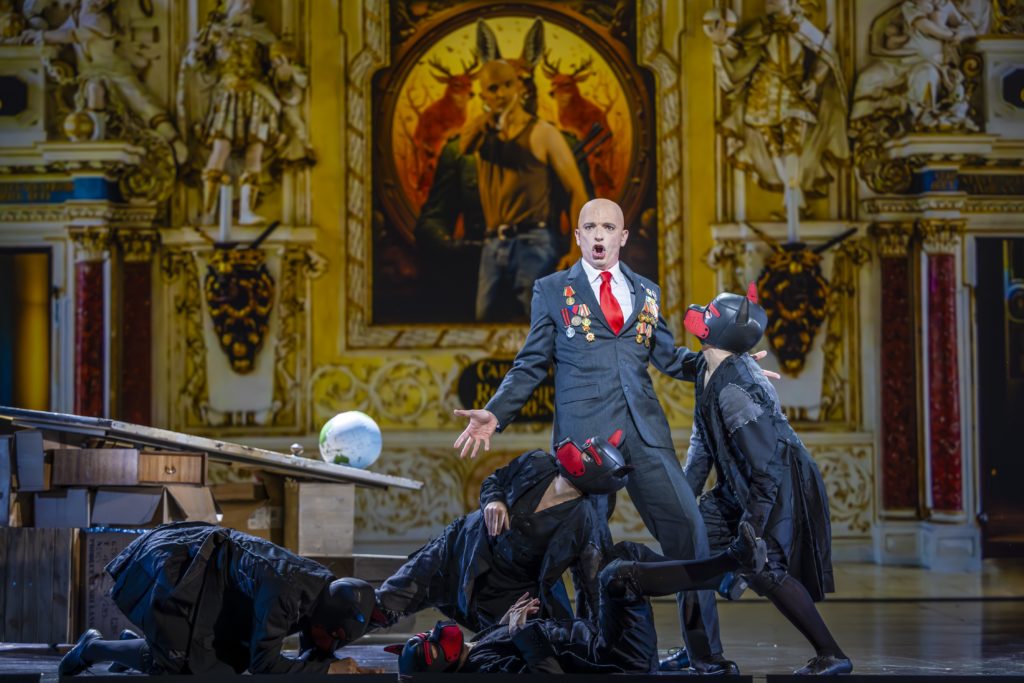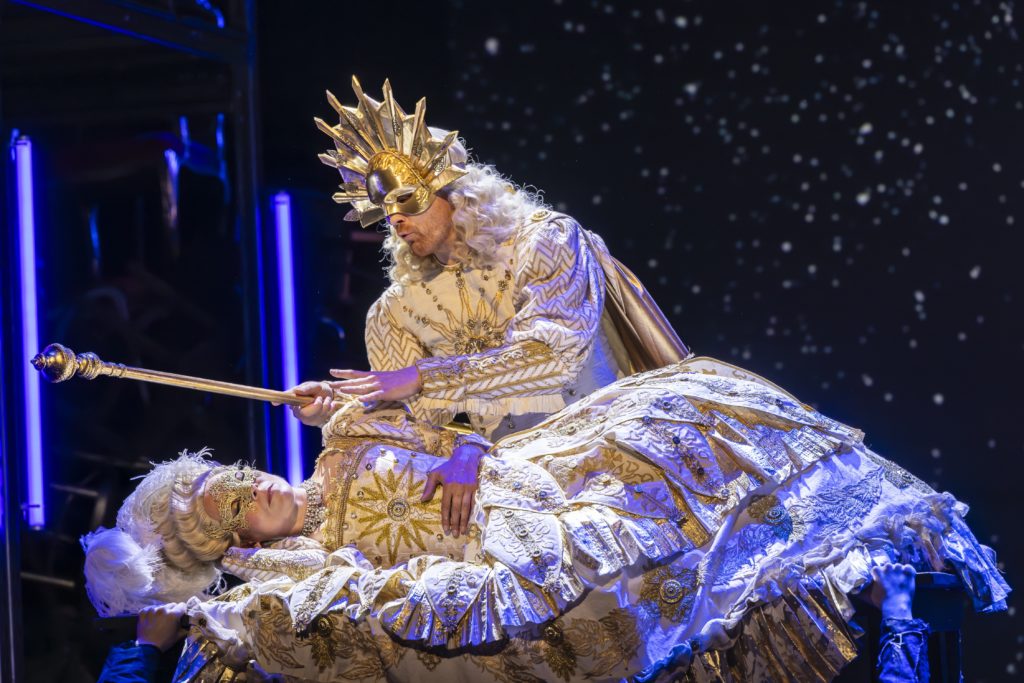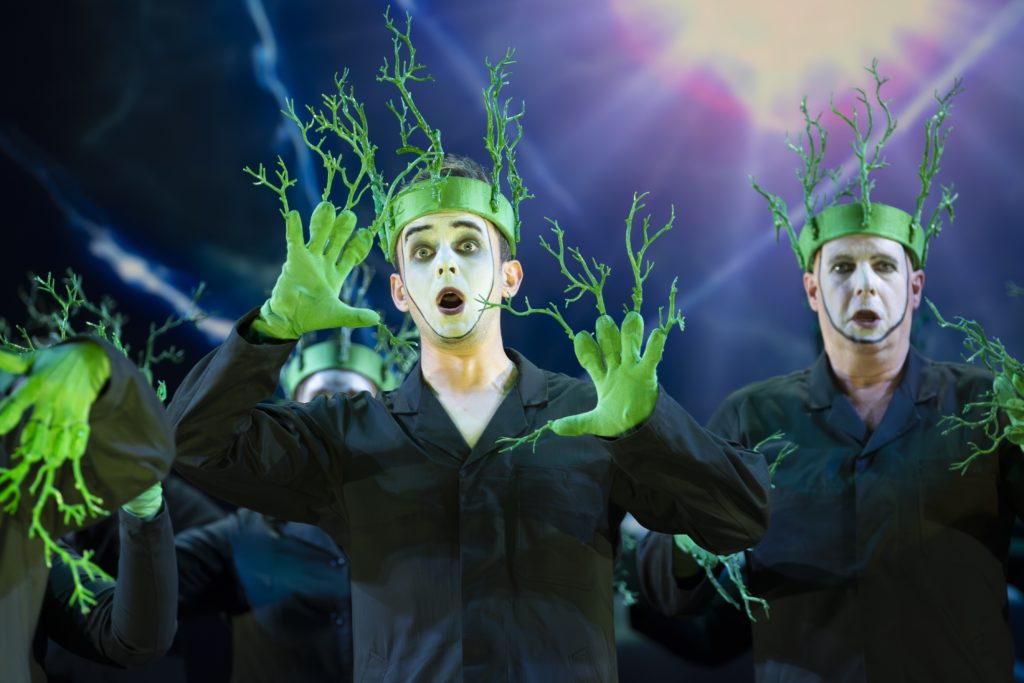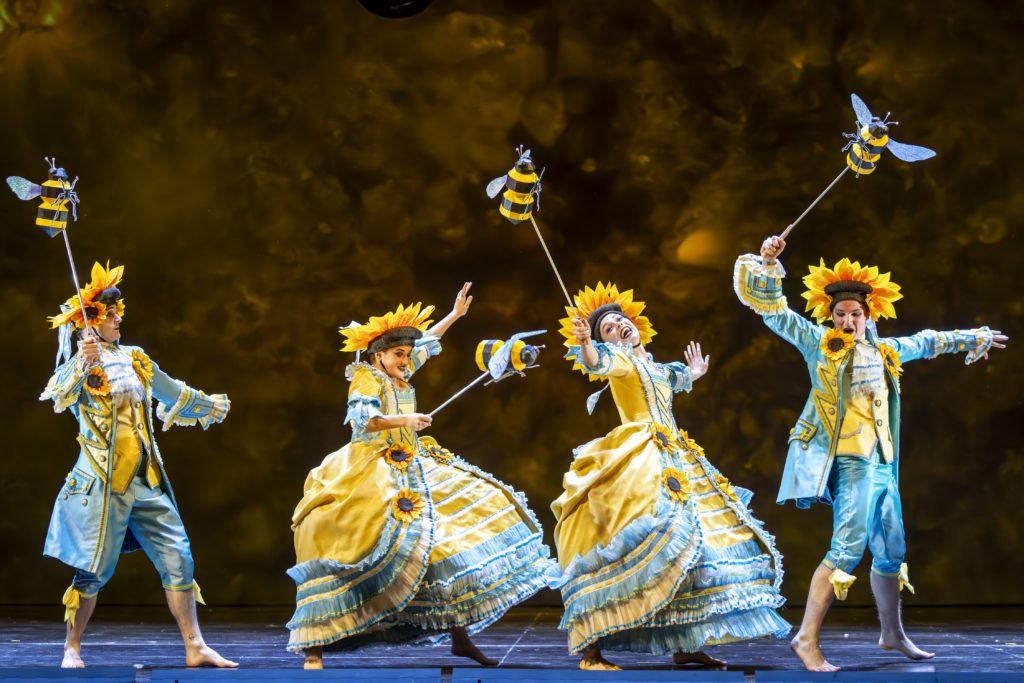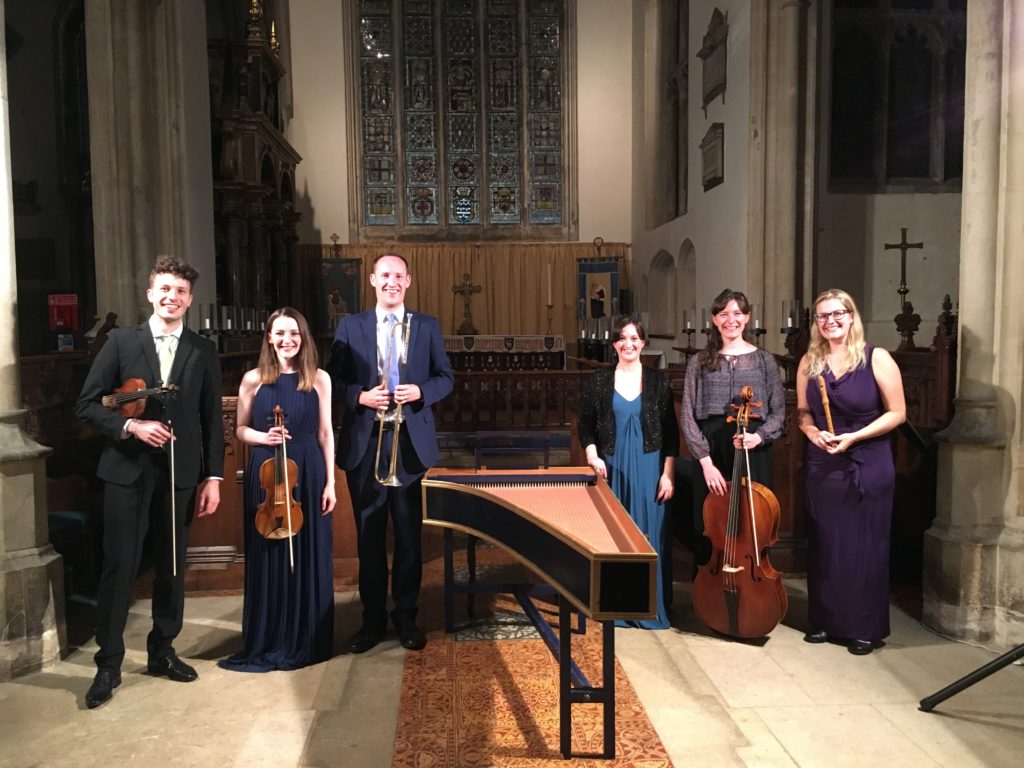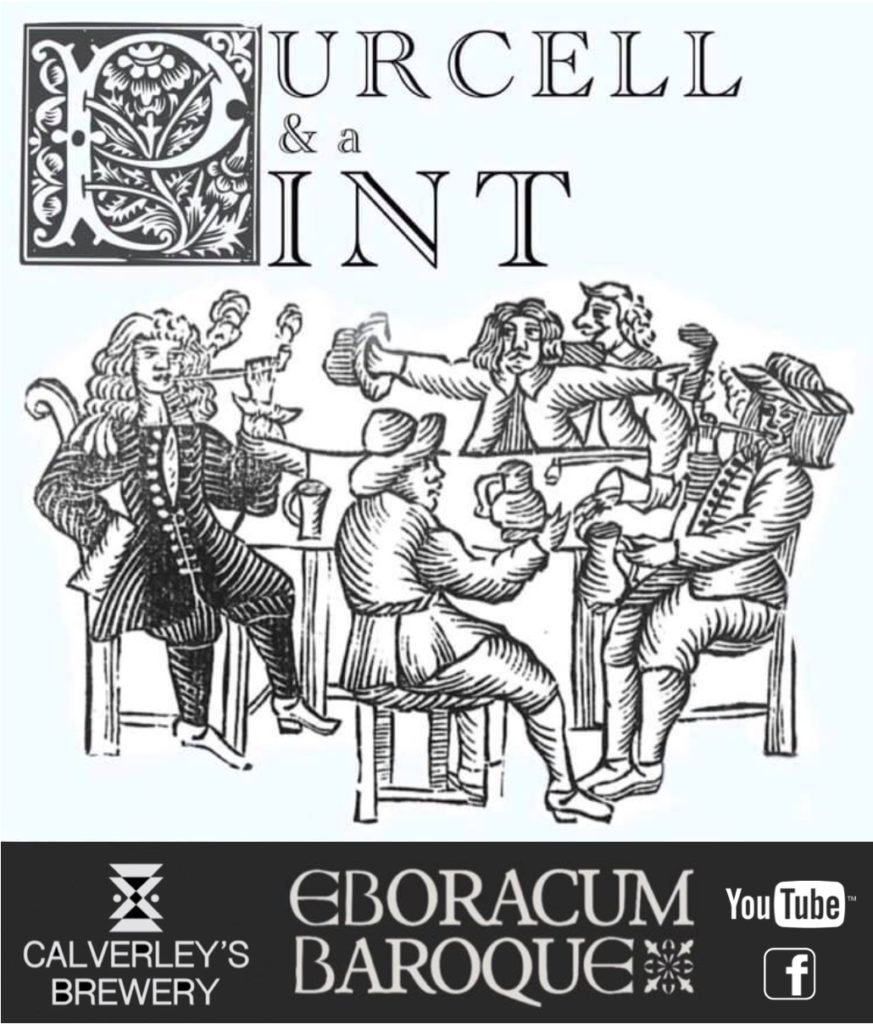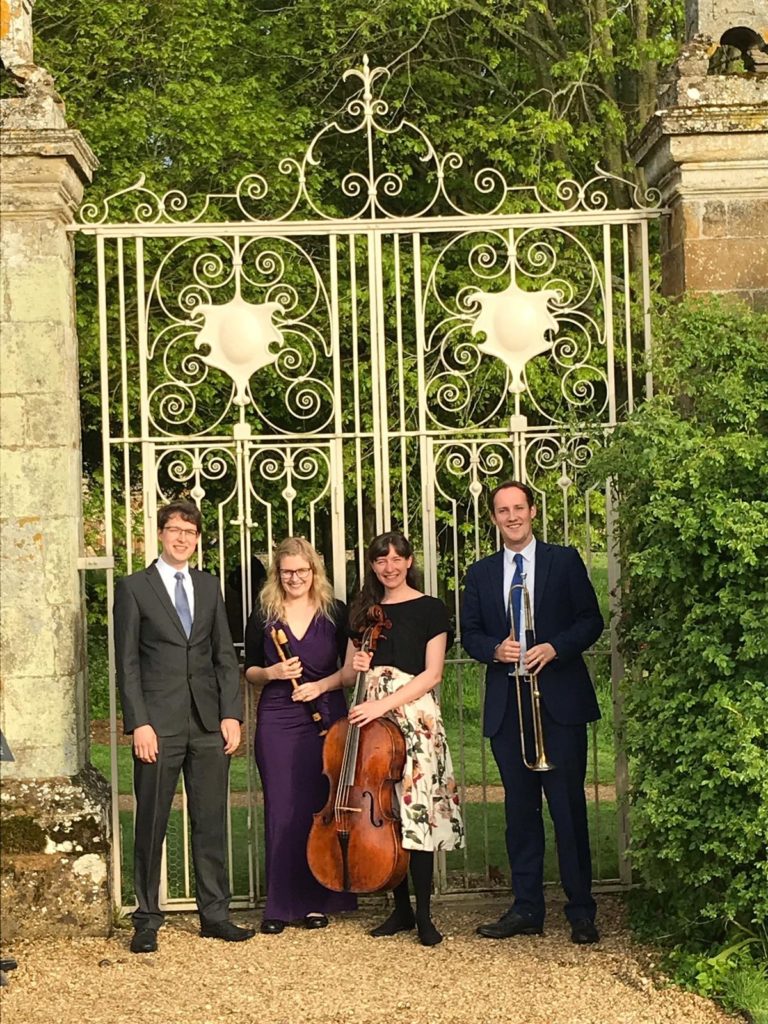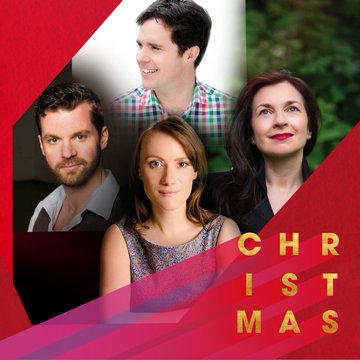
York Early Music Christmas Festival: The Harmonious Society of Tickle-Fiddle Gentlemen, National Centre for Early Music, York
IT did not take the festival long to find a proper Christmas theme. On this second evening, “To Bethlehem in haste!” was the banner proclaiming some unusual fare. Two brief anthems by the Czech composer Šimon Brixi and an anonymous English Messiah of 1720 – the bulk of the evening – were topped off by familiar Purcell.
The Harmonious Society consisted here of a quartet of singers and ten players, a string quintet with trumpet, flutes, oboe and keyboard. There was no conductor, except in the Purcell, which was led by the group’s bassist and director Robert Rawson. It was a happy experience, even if much of the music was less than completely satisfying.
Brixi, who operated during the first third of the 18th century, was the best known of a family of musicians in Prague. He was the first to use the Czech language in church music, where Latin was the norm.
An offertory with an alto aria at its centre, in Latin, was followed by a gradual in Czech, which somehow felt more authentically joyful about the holy birth than its predecessor had done. Perhaps Brixi was happier in the vernacular.
Neither, however, offered any threat to the greater names of the era. Nor did Messiah: A Christ-Mass Song, which is based on a libretto by the Oxford tutor Anthony Alsop, although its composer remains in decent anonymity. The score was presented to Durham Cathedral in 1720, the only clue to its date. Its value may lie in Charles Jennens, librettist of Handel’s Messiah (1742), having heard it in Oxford and then had ideas of his own.
After ‘borrowing’ its overture (from Corelli’s ‘Christmas’ concerto) – a not uncommon practice, which Handel regularly espoused – it deals with the Christmas story in two main scenes: the shepherds in the fields, who include the Arcadian archetypes Corydon and Lycidas, and the Magi with the subsequent gathering at the manger.
The bass soloist’s narration is closer to arioso than recitative. There are strong grounds for claiming this as the first English oratorio, with its mix of choruses, recitatives and arias.
The composer was clearly influenced by Venetian style, especially in the use of trumpet and oboe, and understood how to handle instruments. His/her writing for voices is less clever and treats them instrumentally, which means that there are few memorable melodies, apart from a jaunty “alternate pastoral for shepherd boys” in rhyming couplets given to soprano and alto.
Among its best moments was an early bass aria with trumpet obbligato (Will Russell), which was given zesty treatment by Edward Grint. The Magi were bass, alto and tenor respectively, with the latter’s aria notable for telling pauses and well handled by Nicholas Mulroy; all three then chorused joyfully.
The arias for Corydon and Lycidas were oddly allotted to the same singer, soprano Philippa Hyde, whose overall projection improved considerably when she actually faced her audience after the interval. The alto Ciara Hendrick, by comparison, brought real charisma to her diction.
The band clearly relished the score which, while unexceptionable, always displayed a certain charm. That said, it does not challenge Handel at any level. Purcell’s cantata Behold, I Bring You Glad Tidings brought us back to safer ground, if with only strings and organ in support, and received the respect it deserved.
Review by Martin Dreyer
York Early Music Christmas Festival continues until December 9; www.ncem/yemcf/

